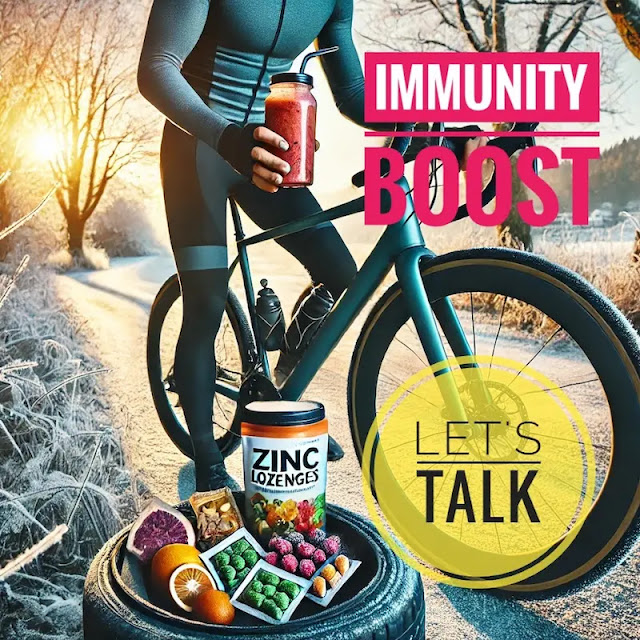Optimizing Your Nutrition for Peak Performance: A Quantified Approach
Alright, fellow athletes, we get it – every gram of nutrition counts in our game if you don't want your workout to be completely wasted. To unleash your true potential, it's not just about fueling; it's about doing it with laser precision. Let's dissect how a basic scientific approach can crank up your performance. Buckle up; it's time to fine-tune your nutrition.
Here, our focus is on addressing the four key elements your body requires both during and pre/post workouts:
- Electrolytes
- Carbs
- Proteins
- Amino acids
Follow the suggested dosages with ease, and feel free to adjust them downward if necessary. Gradually increase the amounts based on your body's tolerance and workout needs. This will help you steer clear of any potential stomach bomb.
1. Compensating for Sweat Loss: The Electrolyte Equation
Facts: Sweat isn't just water; it's carrying electrolytes crucial for your muscle orchestra. Quantify your sweat rate and composition to figure out what your body's crying out for:
- Sodium: Guzzle down those electrolyte drinks or munch on sodium-rich pickles (approx. 500-700mg) daily.
- Potassium: Toss bananas, oranges, or potatoes into the mix for potassium goodness (approx. 300-400mg) daily.
- Magnesium: Grab those leafy greens, nuts, and seeds to fill the magnesium gap (approx. 300-400mg) regularly.
Get your hydration game on point and feel the difference after your next workout!
2. Experimenting with Carbohydrates: Fuelling Your Endurance Engine
Facts: Carbs are the rockstars of endurance activities. Quantify your carb needs based on how long you're consuming it out:
- Before Exercise: Slam energy gels or chug sports drinks loaded with easily digestible carbs (approx. 30-60g) pre-workout.
- During Exercise: Chew on gels or tasty chews for that quick energy kick (approx. 30-60g per hour) during those long-haul workouts.
- After Exercise: Blend up a recovery shake with a 3:1 carb-to-protein ratio (approx. 50-75g carbs) post-exercise.
Fuel up for your next run or ride, and brace yourself.
3. Adjusting for Intense Training Phases: The Protein Punch
Facts: Intense training calls for an extra protein punch to fix those muscles up. Quantify your protein intake like a pro:
- Type: Go for high-quality protein like lean meats, dairy, or plant-based goodies (approx. 20-30g per meal) on the regular.
- Timing: Spread that protein goodness evenly throughout the day and make sure to prioritize post-exercise (approx. 20-30g post-exercise).
Optimize that protein intake, and watch your muscles thank you in their own language – gains!
4. Assessing Recovery Needs: The Importance of BCAAs
Facts: Enter Branched-Chain Amino Acids (BCAAs) – your muscle's best pals for recovery. Quantify your BCAA intake like a scientist:
Supplementation: Think about BCAA supplements or go old-school with natural sources like eggs, dairy, and poultry.
- Eggs: One large egg serves up about 0.6 grams of leucine, 0.3 grams of isoleucine, and 0.5 grams of valine – a total of around 1.4 grams of BCAAs.
- Dairy (Greek Yogurt): A cup of Greek yogurt throws in approximately 2.2 grams of leucine, 1.2 grams of isoleucine, and 1.8 grams of valine – a grand total of about 5.2 grams of BCAAs.
- Poultry (Chicken Breast): A 3.5-ounce serving of chicken breast delivers roughly 2.3 grams of leucine, 1.2 grams of isoleucine, and 1.6 grams of valine – a solid 5.1 grams of BCAAs.
Conclusion
In the pursuit of peak performance, precision in nutrition is the name of the game. Armed with facts and a strategic approach, athletes can level up their training, turbocharge recovery, and unlock their true potential. Quantify your nutrient intake, play around with fueling strategies, and witness the transformative power of a quantified nutrition plan. This guide isn't just about eating; it's about fueling your gains intelligently. For those who approach sports with a scientific mindset, consider this your roadmap to unlocking your peak performance.




.webp)

.webp)
Comments
Post a Comment